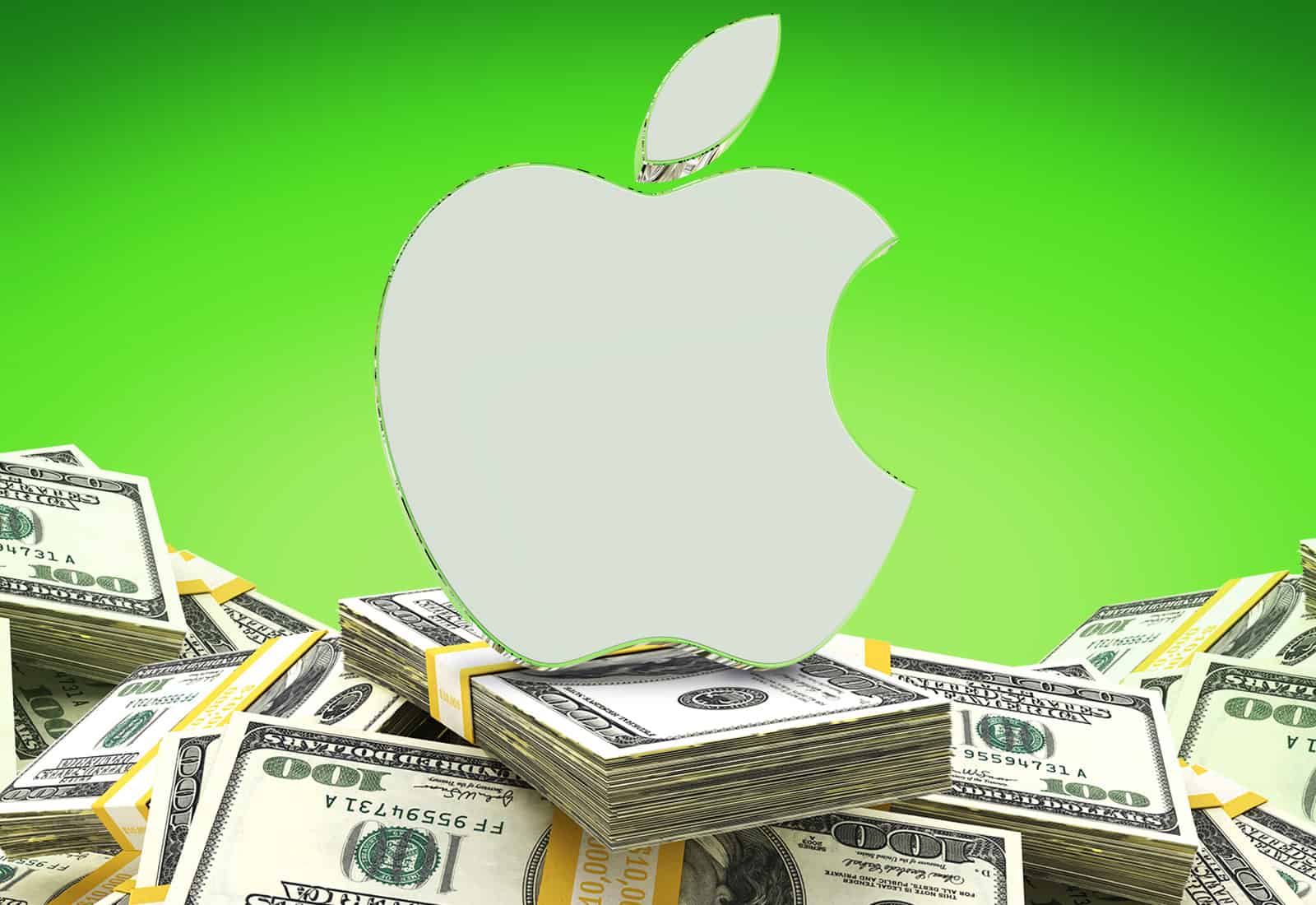Yesterday, the EU announced a massive $5 billion fine for Google due to its strategy of pushing Google search on Android devices.
However, according to a new op-ed published by Bloomberg, Apple deserves a big fine of its own. Here’s the argument behind that statement.
The fine leveled against Google was based on the “illegal tying” of its search and browser apps to the Android operating system. In some ways, this was a flashback to the antitrust battle waged with Microsoft at the end of the last century, when U.S. regulators took aim at Microsoft for bundling its own Internet Explorer as part of Windows.
The suit wound up coinciding with Microsoft’s decline from total dominance, and Apple’s own ascendance.
The idea, in essence, is that despite other options being available, users will default to the status quo options already packaged as part of their operating systems. In the case of Android, it’s then packaging up the software in a bundle which is licensed to handset makers.
Does the same apply to Apple?
That’s different to Apple, which makes both hardware and software for its devices. But Leonid Bershidsky, a Bloomberg Opinion columnist covering European politics and business, thinks that Apple is still in murky water. Apple presents users with a preinstalled browser, Safari, which can’t be deleted. Furthermore, these are presented as primary options for users. Bershidsky writes:
“[Y]ou can, for example, install Google’s Chrome browser and Google Maps on an iPhone, but they won’t launch by default when you click on a link in an email or another app. That’s even more anticompetitive than simply preinstalling one’s own software and hoping users will keep it because it’s good enough.”
Whether this actually becomes the grounds for a similar fine against Apple remains to be seen. Bershidsky notes that Margrethe Vestager, the EU competition commissioner, isn’t at this point trying to enact a complete ban on preinstalling basic apps on mobile phones.
“And yet there is a case to be made for regulatory interference in app preinstallation practices. European companies are unlikely to become operating system leaders in the foreseeable future. But Europe does have a sizable app economy: In 2017, it employed 1.89 million people, compared with 1.73 million in the U.S. Giving this industry easier access to consumers should be a goal for European policy makers and regulators. Vestager’s latest Google ruling should be just a first step, not an isolated attack on one U.S. company for something others do, too.”
Apple vs. the EU
If Apple does indeed get targeted by the EU, this wouldn’t be the first time. Back in 2016, the European Commission hit Apple with a massive $16 billion tax bill for unpaid taxes in the EU. This was based around a so-called “sweetheart deal” under which Apple allegedly received favorable tax rates in Ireland.
In the aftermath of the decision, former U.K. London Mayor Boris Johnson criticized the EU, calling Margrethe Vestager a “crop-haired … Left-wing” character, “straight out of that Scandi-noir serial Borgen.” Johnson argued that the EU’s tax bill for Apple really represented, “the chance to bash a corporate American giant.”
At present, there seems to be no evidence that the EU will go after Apple on similar grounds to its fine of Google. However, with arguments like Leonid Bershidsky’s — and constant antitrust scrutiny of the world’s most valuable company — there’s no doubting that this could always change.
You can read Leonid Bershidsky’s entire Bloomberg Opinion column here.


